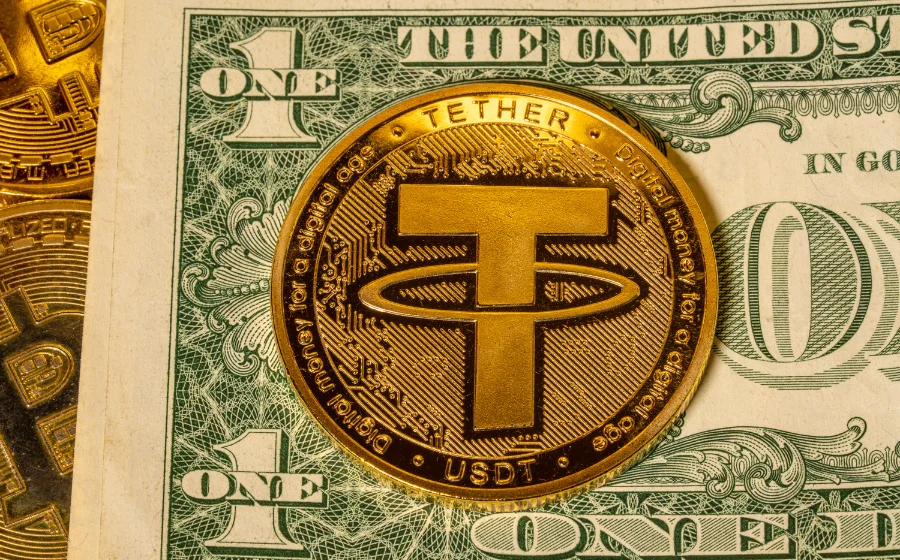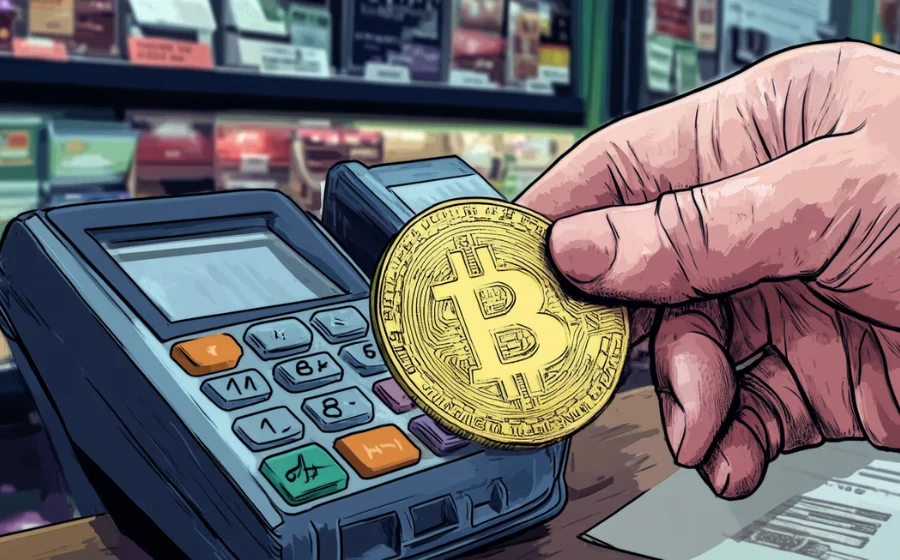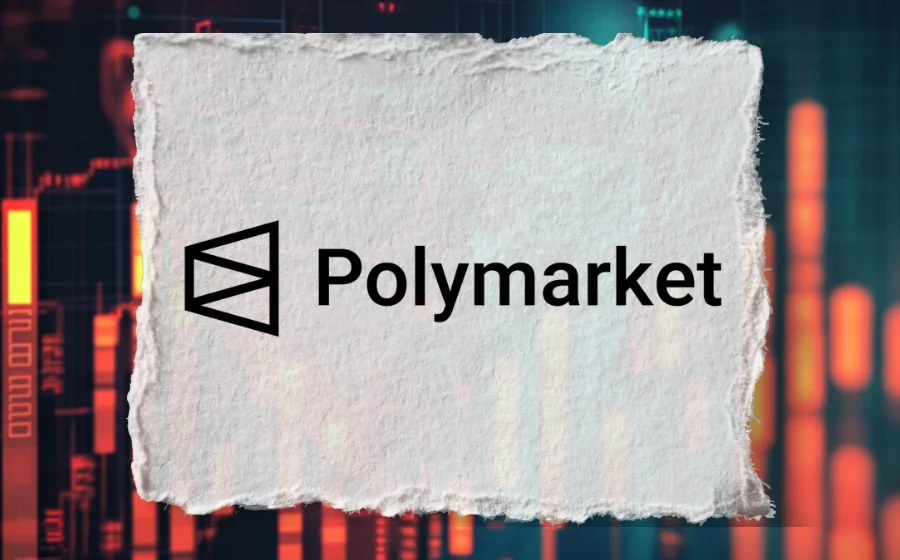
KEYTAKEAWAYS
- Understanding crypto sectors can help diversify investments and manage risk across various blockchain projects.
- Sector rotation plays a significant role in market performance, guiding investors on optimizing asset allocation and market timing.
- Emerging sectors like AI, RWA, and GameFi are crucial in 2024, offering new opportunities for innovation and growth in the crypto space.

CONTENT
Learn about sectors in crypto, essential tools for market analysis. Discover how to diversify investments, predict trends, and uncover potential opportunities in 2024’s hottest sectors.
If you’ve read any articles on cryptocurrency, you’ve likely encountered the term “crypto sector.” But what exactly does it mean? This article delves into the key term, helping you better grasp market trends and investment opportunities.
WHAT IS SECTOR IN CRYPTO?
The concepts of sectors in cryptocurrency originate from traditional investment markets, referring to a series of related projects in specific domains or technological directions. In the cryptocurrency realm, these concepts are more specialized and diverse.
Common cryptocurrency sector include:
✎ Blockchain scalability (Layer 2)
✎ Smart contract platforms
✎ Decentralized Finance (DeFi)
✎ Non-Fungible Tokens (NFTs)
✎ Metaverse
Why Focus on Crypto Sectors?
- Risk Diversification: By allocating funds across different sector, investors can mitigate the risk of failure in a single project.
- Capturing Market Trends: Each bull and bear cycle has its unique “popular narratives,” and understanding sector dynamics helps in seizing investment opportunities.
- Discovering Potential Projects: Finding low market cap projects with high potential in popular sector can lead to significant returns.
- Understanding Capital Flow: Projects within the same sector often display similar price trends, aiding in predicting market directions.
Sector Rotation: A Critical Phenomenon in Crypto Markets
‘Sector rotation’ refers to the phenomenon where different sector or sectors take turns in showing strong performance. For example:
- Late 2022 to early 2023: Layer 2 projects (like Arbitrum, Optimism) performed exceptionally well
- Second half of 2023: Bitcoin ETF and loose monetary policy drove a rebound in Layer 1 public chains (such as ETH, SOL)
Understanding sector rotation can help investors:
- Optimize asset allocation
- Time market entry points
- Improve overall investment performance
>>> More to read : Crypto Trading Strategies for Beginners
HOW TO ACCESS SECTOR DATA IN CRYPTO?
Two major cryptocurrency data platforms offer detailed sector information:
- CoinGecko: Provides data on 215 different sectors
- CoinMarketCap: Lists detailed information on 113 sectors
These platforms offer data including:
➢ Sector market capitalization
➢ 24-hour trading volume
➢ Performance of major tokens
➢ Historical price trends
>>> More to read :
TOP 5 Crypto Trading Platforms April 2024
4 Trusted Crypto Market Live Trackers for Staying on Trend
HOT SECTORS TO WATCH IN 2024
- RWA (Real World Assets):
– Definition: Digitizing physical assets through blockchain technology
– Advantages: Increases asset liquidity, enhances market transparency
>>> More to read : Real-world Assets (RWA): Bridging Traditional And Defi Markets
- DePIN (Decentralized Physical Infrastructure):
– Definition: Decentralized physical infrastructure
– Applications: Energy supply, transportation systems, communication facilities
- AI (Artificial Intelligence):
– Focus: Combining blockchain and AI technologies
– Application areas: Model training, cloud computing, portfolio management
>>> More to read :
What is RNDR & Render Network?
- GameFi (Game Finance):
– Definition: The intersection of gaming and finance
– Feature: Players can earn cryptocurrency rewards through gameplay
>>> More to read : GameFi : The Future Of Gaming
Investment Strategy Recommendations
- Continuous Learning: Bear markets are the best time to accumulate knowledge
- Diversification: Consider using self-composed cryptocurrency ETFs to spread risk
- Focus on Emerging Projects: Continuously track new sectors and innovative projects
- Stay Vigilant: The crypto market changes rapidly, requiring constant attention to market trends
THE IMPORTANCE OF SECTORS IN CRYPTO INVESTMENT
Understanding sector in crypto is not just about identifying trends; it’s about developing a comprehensive investment strategy. Here’s why they matter:
- Market Insight
Sectors provide a framework for understanding the cryptocurrency ecosystem. By categorizing projects into these groups, investors can more easily identify which areas of the market are growing, stagnating, or declining.
- Trend Prediction
Historical data on sector performance can help predict future market movements. For instance, if DeFi projects consistently outperform during certain market conditions, investors can use this information to anticipate similar trends in the future.
- Risk Management
Diversifying investments across different sectors can help mitigate risk. If one sector underperforms, others may compensate, providing a more stable overall portfolio.
- Innovation Tracking
New sectors often emerge as a result of technological breakthroughs or market demands. Keeping an eye on these can help investors identify groundbreaking projects early.

How to Leverage Sector Knowledge
- Regular Market Analysis: Conduct periodic reviews of different sectors to stay updated on market trends.
- Correlation Studies: Analyze how different sectors correlate with each other and with broader market movements.
- Performance Benchmarking: Compare the performance of specific projects against their respective sectors to identify outperformers and underperformers.
- Thematic Investing: Build investment portfolios around specific themes or sectors that align with your market outlook.
- Event-based Strategy: Pay attention to major events or developments within specific sectors that could drive price movements.
Challenges in Sector Analysis
While sectors provide valuable insights, there are challenges to consider:
- Overlap: Many projects fall into multiple sectors, making clear categorization difficult.
- Rapid Evolution: The cryptocurrency market evolves quickly, with new sectors emerging regularly.
- Data Reliability: Ensuring the accuracy and consistency of sector data across different platforms can be challenging.
- Market Manipulation: Smaller sectors may be more susceptible to price manipulation, skewing analysis.
FUTURE OF SECTORS IN CRYPTO
As the cryptocurrency market matures, we can expect:
- More Granular Classifications: Sectors may become more specialized and nuanced.
- Integration with Traditional Finance: We may see increased overlap between cryptocurrency sectors and traditional financial sectors.
- AI-Driven Analysis: Advanced AI tools may emerge to help investors navigate the complex landscape of sectors and sectors.
- Regulatory Impact: Future regulations may shape how sectors and sectors are defined and analyzed.
Understanding crypto sectors is not just about improving investment strategies; it’s about gaining a deeper comprehension of the entire cryptocurrency ecosystem. As the market continues to evolve, new sectors will emerge, presenting both challenges and opportunities.
For investors, whether novice or experienced, mastering these concepts will be crucial in navigating the complex and dynamic world of cryptocurrency. By staying informed, continuously learning, and adapting strategies based on sector analysis, investors can position themselves to make more informed decisions and potentially achieve better long-term results in their cryptocurrency investment journey.
Remember, while sectors provide valuable insights, they should be just one part of a comprehensive investment strategy. Always combine this knowledge with thorough research, risk management, and a clear understanding of your investment goals.
>>> Learn more:
What is Altcoin & Altcoin Season?
What Is Web3: The Next Evolution of The Internet
What Is Crypto Trading? What Investors Need to Know
What Is Crypto Staking?: Overview, How It Works, & Future
What is Margin Trading: A Comprehensive Introduction
Crypto Spot Trading vs. Future Trading: Which is Best for You?
What is DeFi? A Comprehensive Guide to Decentralized Finance


















